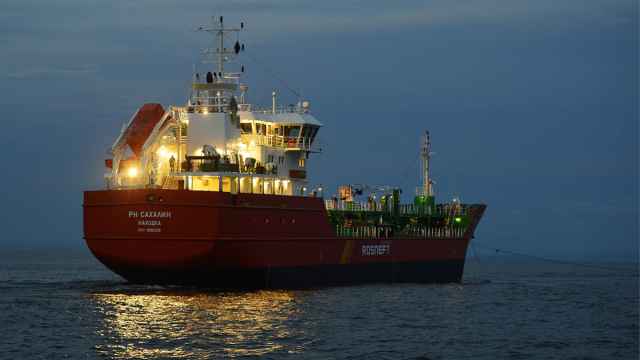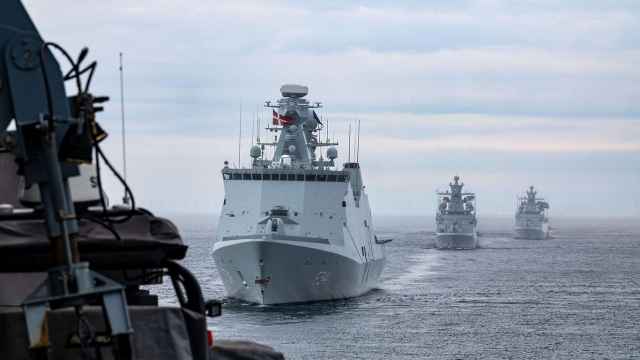
Andrey Elinson
Deputy CEO
Basic Element
Basic Element Group always considers the creation and continuing improvement of risk management systems as a high priority. This requires a great deal of attention both during periods of stable economic growth and during times of crisis. It is especially important for large companies, whose businesses often work long distance from each other, sometimes in different countries and subject to different economic and regulatory environment. In these cases the probability that local and regional crisis situations may have an impact on the whole business is significantly higher.
Companies in Russia, as we learned from the experience of the 2008-09 crisis, turned out to be largely unprepared due to common problems of the developing Russian economy. These included low productivity, high production costs, low quality, significant debt leverage and open foreign exchange position. Meanwhile most of the companies had been reporting that they successfully identified, estimated and monitored their risks and had a dedicated risk manager who produced regular reports on risks status for the Risk Committees, Boards and Audit Committees. However, the crisis demonstrated that there was no real management of the risks identified and the whole economic system did not produce any tangible results — besides colorful risk maps. In the end, the ability of a company to survive the crisis depended on its ability to identify the deficiencies in their business processes and take appropriate and timely measures to fix them.
Of course, it was also necessary to improve and adapt Basic Element's risk-management systems to the severe economic situation. This included an option to mitigate the Group's high exposure to the general liquidity crisis. The positive moment at that time was that risk management function was coordinated by Internal auditors whose direct subordination and accountability to the Board and good understanding of the existing business processes' deficiencies allowed to focus on the search for production costs reserves and additional sources of income.
The Group started with revision of the operational activities financing programs and set strict covenants on working capital, debt portfolio, etc. Another high priority area was the general and administrative costs where the Group reviewed the decision making and operational management processes. This resulted in a reduction of white collar staff with no adverse effects on production processes. The Group has also analyzed the production processes in order to increase its labor efficiency, strengthened the anti-fraud activities and decreased non-productive costs.
The key factor for successful anti-crisis measures was the efficiency and effectiveness of existing risk management tools. Among those were effective corporate governance systems, i.e. the Board and its Committees, which focused their activity on production issues and concise proposals on improving the business's operational performance. Special working groups were established to manage specific risks were established, such as the Working Capital Commissions which aimed to decrease accounts receivable levels, improve its collectability and optimize working capital structure. The Cash Management Committees was brought in to manage daily payments schedules.
The Boards initiated internal audits of core production processes in order to eliminate the deficiencies and non-productive costs thus reducing cost of sales. Risk management process was performed with direct day-to-day involvement of the Group's senior management and the Group was able to recover with minimal losses and clear vision of its future development.
Expiration of the acute phase of the liquidity crisis did not finish our efforts on risk management implementation. Review and approval of the annual budget is now always performed together with an analysis of the corresponding risks. An assessment of the completeness and effectiveness of the proposed mitigation plans; approval of any investment project is performed only after review of the project's risk map; annual insurance program are all approved by the Board of each business.
To conclude I would like to emphasize the fact that most of the key risks arise directly at the production level and are caused by inefficient business processes. That's why risks are actually managed on a daily basis by every manager in the company. Effective managers should have clear and unsophisticated tools for decision making, while excessive formalization and complication of risk management systems do not add any value to business.
To make risk management systems work companies do not need complicated implementation schemes. What is crucial is to make Board members aware of their responsibility for effective risk management and to get their direct buy-in for key decisions. This allows everyone in the company to feel involved in the risk management process.
A Message from The Moscow Times:
Dear readers,
We are facing unprecedented challenges. Russia's Prosecutor General's Office has designated The Moscow Times as an "undesirable" organization, criminalizing our work and putting our staff at risk of prosecution. This follows our earlier unjust labeling as a "foreign agent."
These actions are direct attempts to silence independent journalism in Russia. The authorities claim our work "discredits the decisions of the Russian leadership." We see things differently: we strive to provide accurate, unbiased reporting on Russia.
We, the journalists of The Moscow Times, refuse to be silenced. But to continue our work, we need your help.
Your support, no matter how small, makes a world of difference. If you can, please support us monthly starting from just $2. It's quick to set up, and every contribution makes a significant impact.
By supporting The Moscow Times, you're defending open, independent journalism in the face of repression. Thank you for standing with us.
Remind me later.





